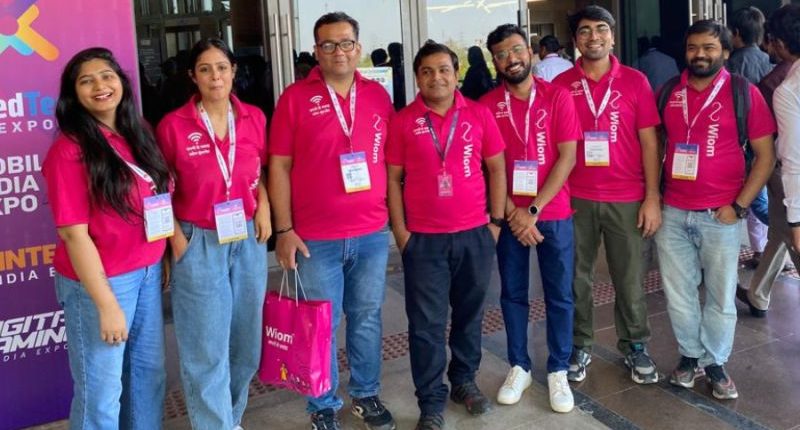Wiom, a New Delhi-based telecom startup, has scooped up a total of $17 million (which amounts to around ₹140 crores) in a Series A funding round. The round was led by venture capital firm RTP Global, and included the participation of YourNest, Omidyar Network India, Global Brain, Blume Founders Fund, Alteria Capital, Stride Ventures, Stride One and 9 Unicorns.
The capital has been raised in a mix of debt and equity, and marks the maiden investment raised by the telecom startup this year. So far, the startup has raised around ₹175 crores (over $21 million), including a seed funding round of ₹30 crores in April 2022. It also comes amidst a prolonged funding crunch in the ecosystem. The same has already seen numerous startups implementing cost-cutting measures and focus on profitability – even laying off hundreds of employees and shutting down business units to cut down on costs.
“Air, water, food and internet are the new essentials of modern life. Every individual in our country must be able to afford 24/7 unlimited internet… We are confident of becoming the largest contributor towards the country’s target of 50 million PM-WANI hotspots across the country,” said Satyam Darmora, co-founder of Wiom, said in an official statement.
Darmora, along with Nishit Aggarwal, Ashutosh Mishra, and Maanas Dwivedi, had founded the telecom startup three years ago, and today, Wiom is known to democratize internet access in the country by providing unlimited internet connection to middle- and lower-middle-income households. The PM-WANI framework – which was launched by the government in December 2020 – provides the basis of the company’s model, and helps the startup to provide the internet connection at a pocket-friendly rate. The startup claims to have over 3 lakh users in Delhi alone, and aims to increase that number to over 15 crores over the next five years.
Despite being the world’s second-largest internet market, India faces a significant challenge in achieving widespread home broadband penetration, with the figure standing at a meager 10%. This is where startups like Wiom come in, and should its efforts bore fruit, it will help bridge the digital divide that separates urban and rural areas, as well as enable millions of households to gain access to information, education, and online services.
An increase in home broadband penetration will have greater impacts on India’s sectors as well. For one, this is likely to promote education and digital literacy – students in rural areas will be able to access e-learning platforms, educational videos, and online tutorials. It also opens up avenues for e-healthcare and telemedicine services, especially in rural and remote regions that usually come with limited medical facilities. Other benefits of increased home broadband penetration include the fostering of digital entrepreneurship, wherein SMEs hailing from rural areas can leverage the internet to reach wider audiences, market their products, and conduct online transactions seamlessly, and increasing the adoption of digital payment services such as mobile banking, online transactions, and digital wallets.
The capital raised in the Series A round is set to help in that endeavor, enabling Wiom to have a presence in a greater number of Indian cities, as well as driving investments in talent and distributed delivery architecture.
The Tech Portal is published by Blue Box Media Private Limited. Our investors have no influence over our reporting. Read our full Ownership and Funding Disclosure →






